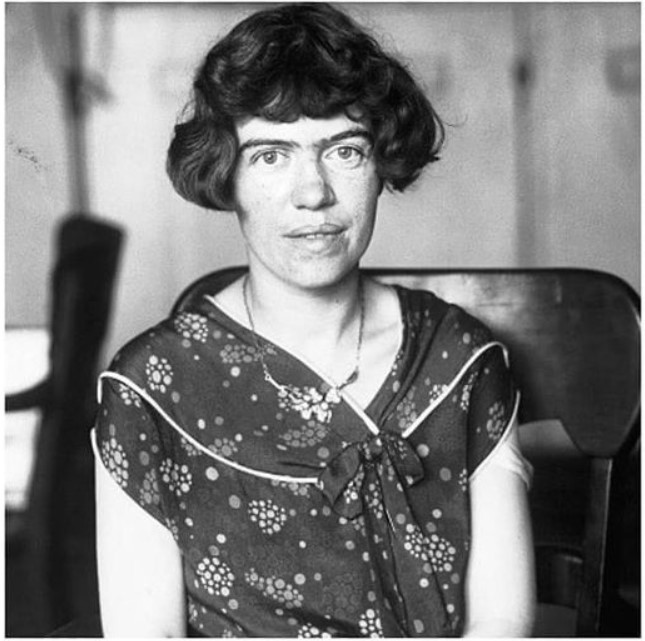Margaret Mead, (born December 16, 1901, Philadelphia, Pennsylvania, U.S.—died November 15, 1978, New York, New York), American anthropologist whose great fame owed as much to the force of her personality and her outspokenness as it did to the quality of her scientific work.
Mead entered DePauw University in 1919 and transferred to Barnard College a year later. She graduated from Barnard in 1923 and entered the graduate school of Columbia University, where she studied with and was greatly influenced by anthropologists Franz Boas and Ruth Benedict (a lifelong friend). Mead received an M.A. in 1924 and a Ph.D. in 1929. In 1925, during the first of her many field trips to the South Seas, she gathered material for the first of her 23 books, Coming of Age in Samoa (1928; new ed., 2001), a perennial best seller and a characteristic example of her reliance on observation rather than statistics for data. The book clearly indicates her belief in cultural determinism, a position that caused some later 20th-century anthropologists to question both the accuracy of her observations and the soundness of her conclusions.
Her other works included Growing Up in New Guinea (1930; new ed., 2001), Sex and Temperament in Three Primitive Societies (1935; new ed., 2001), Balinese Character: A Photographic Analysis (1942, with Gregory Bateson, to whom she was married in 1936–51; reprinted 1962), Continuities in Cultural Evolution (1964; reissued 1999), and A Rap on Race (1971, with James Baldwin; reissued 1992).
By the 1950s Mead was widely regarded as a national oracle. She served as a curator at the Museum of Natural History from 1926 until her death and as an adjunct professor of anthropology at Columbia from 1954, but she devoted the greater part of her professional life to writing and lecturing. She was married three times (to Luther Cressman, Reo Fortune and anthropologist Gregory Bateson) and the mother of only one child, Mary Catherine Bateson, at a time when both divorce and only children were uncommon. Nevertheless, she achieved fame as an expert on family life and child rearing. In such books as Culture and Commitment (1970) and her autobiographical Blackberry Winter (1972), in magazine articles for Redbook, and in her lectures, Mead tried to persuade Americans that understanding the lives of other people could help them understand their own, that a greater ease with sexuality (homosexual as well as heterosexual) could enrich them, that motherhood and careers could and should go together and that building support networks for the overburdened nuclear family would bring greater well-being for all.
Margaret Mead’s Death and Legacy
Margaret Mead was inducted into the National Women’s Hall of Fame in 1976. She died of pancreatic cancer on November 15, 1978, and was posthumously awarded the Presidential Medal of Freedom in 1979. She even appeared on a commemorative postage stamp in 1998. He pioneering anthropological work on sexuality, culture and childrearing continues to be influential today.





